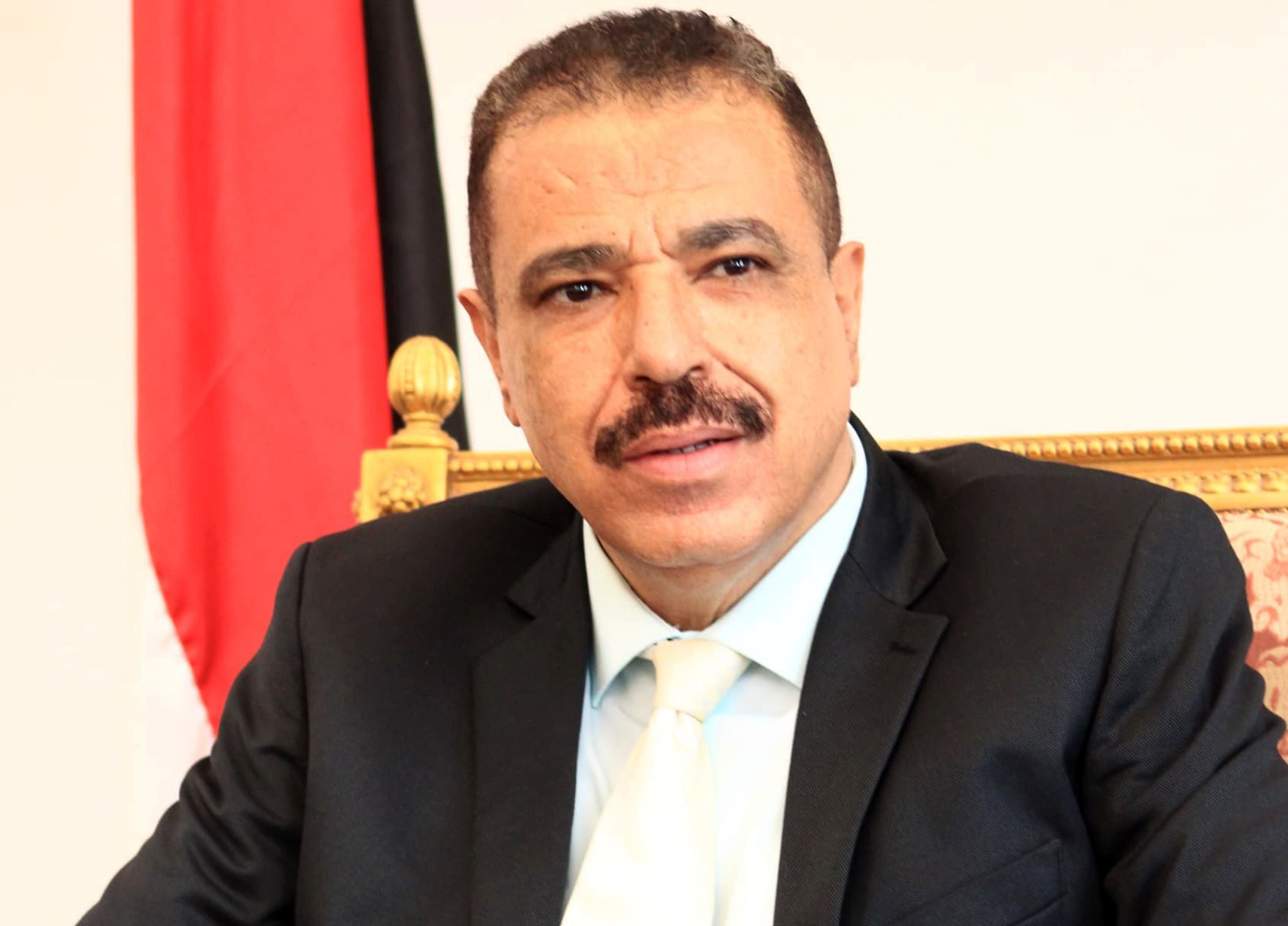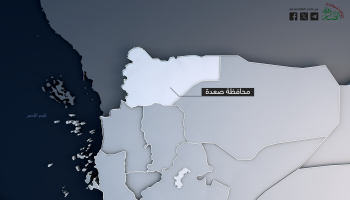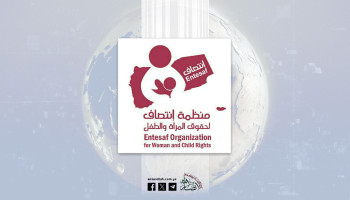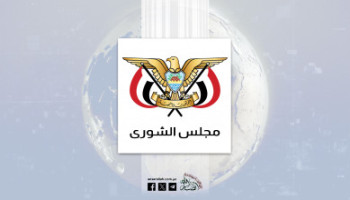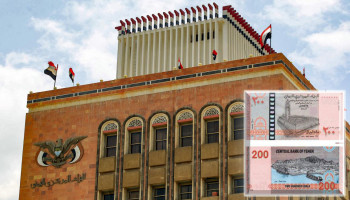Jamal Amer, Minister of Foreign Affairs and Expatriates in the Sanaa-based government, has sharply condemned the United Nations for its persistent disregard of repeated official communications concerning the oppressive new measures implemented by the United Nations Verification and Inspection Mechanism (UNVIM) in Djibouti since July 4.
In a strongly worded letter addressed to UN Secretary-General António Guterres, Amer demanded the immediate and complete dismantling of the mechanism, declaring it has strayed far from its original humanitarian purpose and now serves as a tool of collective punishment against the Yemeni people.
Amer criticized the Secretary-General’s silence, stating it contradicts the moral responsibility that the Yemeni people once believed the UN upheld. “How can the UN turn a blind eye to the cries of a nation suffering under a suffocating blockade for nearly a decade?” Amer asked, accusing the UN of complicity in deepening Yemen’s humanitarian catastrophe.
He warned that the newly imposed procedures—including full inspections of every container and the blanket prohibition of any shipment lacking complete documentation—represent a dangerous escalation of the blockade, effectively paralyzing the entry of vital goods, including food, medicine, and humanitarian aid.
“These are not just bureaucratic policies; they are forms of collective punishment that fuel famine, disease, and suffering for millions,” Amer asserted, adding that the UN’s role has shifted from oversight to obstruction.
The foreign minister stressed that the transformation of the UNVIM into a barrier to essential imports violates the UN’s humanitarian mission and erodes any remaining trust in its neutrality or relevance in Yemen. He warned that continuing down this path risks triggering further instability in the Red Sea region and undermines peace efforts.
Amer urged the United Nations to abolish the current mechanism and immediately adopt practical, streamlined procedures that prioritize humanitarian needs and expedite the flow of goods, especially those from trusted sources.
“Ensuring the flow of food and medicine is not a matter of policy—it is a matter of survival,” he said, emphasizing that maintaining access to essential goods is an urgent humanitarian imperative, not just an economic concern.
Amer expressed hope that Secretary-General Guterres would recognize the gravity of the situation and act swiftly to prevent further deterioration. He warned that continued silence and inaction—both from the UN and the international community—would not only be deemed unacceptable by the Yemeni people but would also undermine the credibility of any future peace initiatives.

